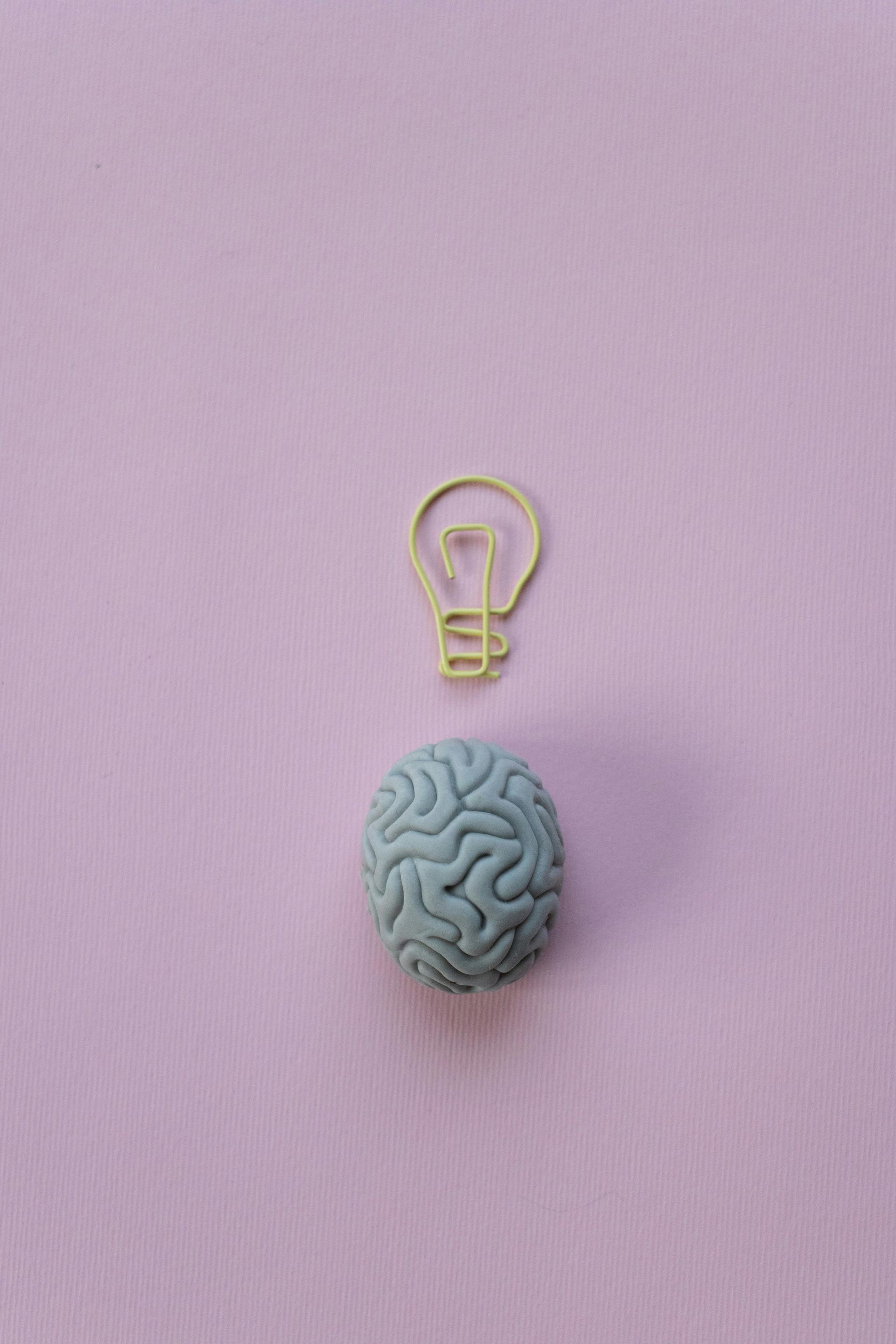Introduction: Relationships are like gardens that require nurturing and care. However, even the most loving couples can encounter challenges that put a strain on their mental well-being and overall relationship health. That's where couples counseling comes in, serving as a valuable resource to help couples navigate difficulties and build a stronger foundation. In this blog post, we will explore the transformative benefits of couples counseling in a relatable and accessible manner. Let's dive in and discover how this powerful tool can enhance your relationship and mental well-being.
What is Couples Counseling?
Let's start by understanding the essence of couples counseling and its role in fostering healthier relationships. Couples counseling, also known as relationship counseling, is a process that involves working with a licensed therapist to address challenges within a partnership. Its primary goal is to improve communication, resolve conflicts, and strengthen emotional bonds. By providing a safe and supportive environment, couples counseling empowers individuals to explore their feelings, overcome obstacles, and create a more fulfilling and harmonious relationship.
The Five Transformative Benefits of Couples Counseling
Now, let's explore the five key benefits that couples counseling can bring to your relationship, ultimately enhancing your mental well-being and connection with your partner.
Improved Communication: The Foundation of Connection
1. In couples counseling, you and your partner will learn effective communication techniques and active listening skills. By fostering healthy dialogue and understanding, you can express your needs, thoughts, and emotions more openly and compassionately. Improved communication paves the way for greater empathy, reduced misunderstandings, and enhanced conflict resolution.
Rebuilding Trust and Deepening Emotional Connection
2. Trust is the cornerstone of any successful relationship. Couples counseling provides a safe space to address trust issues, heal emotional wounds, and rebuild trust through open dialogue and exercises. As trust is restored, you and your partner can nurture a deeper emotional connection, fostering intimacy, vulnerability, and mutual support.
Resolving Conflicts with Constructive Strategies
3. Conflict is a natural part of any relationship. In couples counseling, you'll gain insights into the underlying causes of conflicts and learn constructive strategies to resolve them. Through guidance from a therapist, you'll discover effective problem-solving techniques, preventing recurring patterns and creating a harmonious environment for both partners to thrive.
Personal Growth and Self-awareness
4. Couples counseling isn't just about the relationship; it's also an opportunity for personal growth. Through self-reflection and exploration, you'll gain a deeper understanding of your own triggers, emotional patterns, and needs. This self-awareness empowers you to cultivate personal growth, develop healthier coping mechanisms, and improve self-esteem, positively impacting your relationship.
Renewed Relationship Satisfaction and Connection
5. Couples counseling is a catalyst for reigniting passion, enhancing overall relationship satisfaction, and nurturing long-term happiness. By addressing underlying issues, improving communication, and fostering emotional intimacy, you and your partner can experience a renewed sense of joy, romance, and fulfillment within your relationship.
Taking the First Steps towards Couples Counseling
Now that you understand the transformative benefits of couples counseling, it's time to take the first steps to embark on this journey.
Recognizing the Need for Couples Counseling:
1. Take a moment to reflect on any signs of persistent conflicts, communication breakdowns, or unfulfilled needs within your relationship. Acknowledging the need for couples counseling is the first step towards positive change.
Finding a Qualified Therapist:
2. Research and seek recommendations for licensed couples therapists who specialize in relationship counseling. Look for compatibility, experience, and expertise in addressing the specific issues you and your partner are facing.
Initiating the Conversation:
3. Choose a suitable time to bring up the topic of couples counseling with your partner. Approach the conversation with empathy and understanding, emphasizing your desire to strengthen the relationship and promote both of your well-being. Share your thoughts and concerns openly, and be receptive to your partner's perspective as well.
Exploring Counseling Options:
4. Discuss with your partner whether you prefer in-person or online couples counseling. Consider factors such as convenience, accessibility, and comfort level to determine the best option for both of you.
Scheduling the First Appointment:
5. Once you've selected a therapist and agreed upon the counseling format, schedule your first counseling session. Remember that attending couples counseling is a collaborative effort, so ensure that both you and your partner are committed to actively participating and investing in the process.
Conclusion:
Couples counseling can be a transformative tool in strengthening relationships and improving mental well-being. By improving communication, rebuilding trust, resolving conflicts, fostering personal growth, and enhancing relationship satisfaction, couples counseling empowers couples to navigate challenges and cultivate a deeper connection. Remember, taking the first step and initiating the conversation with your partner is the key to unlocking the numerous benefits that couples counseling offers. Embrace the opportunity to invest in your relationship, nurture your mental well-being, and embark on a journey of growth and love together.











